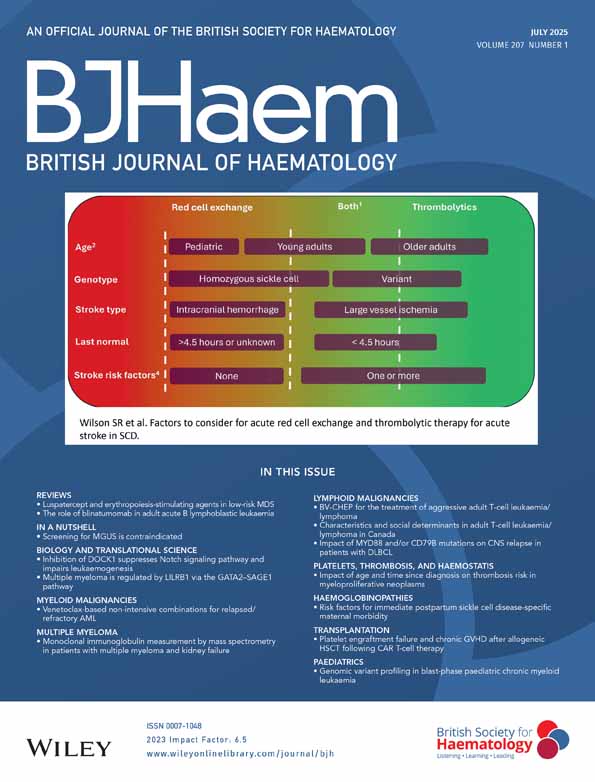The C807T/G873A polymorphism in the platelet glycoprotein Ia gene and the risk of acute coronary syndrome in the Italian population
Abstract
Membrane glycoprotein (GP) Ia/IIa mediates platelet adhesion to collagen. The linked C807T/G873A polymorphisms in the GP Ia gene are correlated with a variable expression of the platelet surface receptor, the 807 TT/873 AA genotype being associated with a higher receptor density. Our study aimed to evaluate the possible role of the GP Ia C807T/G873A polymorphism as a risk factor for acute coronary syndrome in the Italian population. We investigated 157 patients with acute coronary syndrome (117 with myocardial infarction and 40 with severe unstable angina) as the first manifestation of coronary disease occurring before 65 years of age, compared with 312 healthy controls. All individuals were of Italian ancestry and were genotyped for the GP Ia C807T/G873A polymorphism. Complete linkage between the 807 and 873 sites was found in all samples. The 807 TT genotype was present in 12·7% of cases and in 4·8% of controls; the odds ratio for acute coronary syndrome was 2·9 (95% CI 1·4–5·8) for the 807 TT genotype compared with C-allele carriers and 0·6 (95% CI 0·4–0·9) for the 807 CC genotype compared with T-allele carriers. For the TT genotype, compared with CC homozygotes, the increase in risk was 3·4-fold in patients with at least one risk factor (smoking, hypercholesterolaemia, diabetes, systemic hypertension) and 4·1-fold in patients with angiographically diagnosed two- or three-vessel disease. We conclude that the GP Ia 807 TT (873 AA) genotype is associated with an increased risk of acute coronary syndrome in the Italian population; conversely, the GP Ia 807 CC (873 GG) genotype seems to represent a protective factor.




